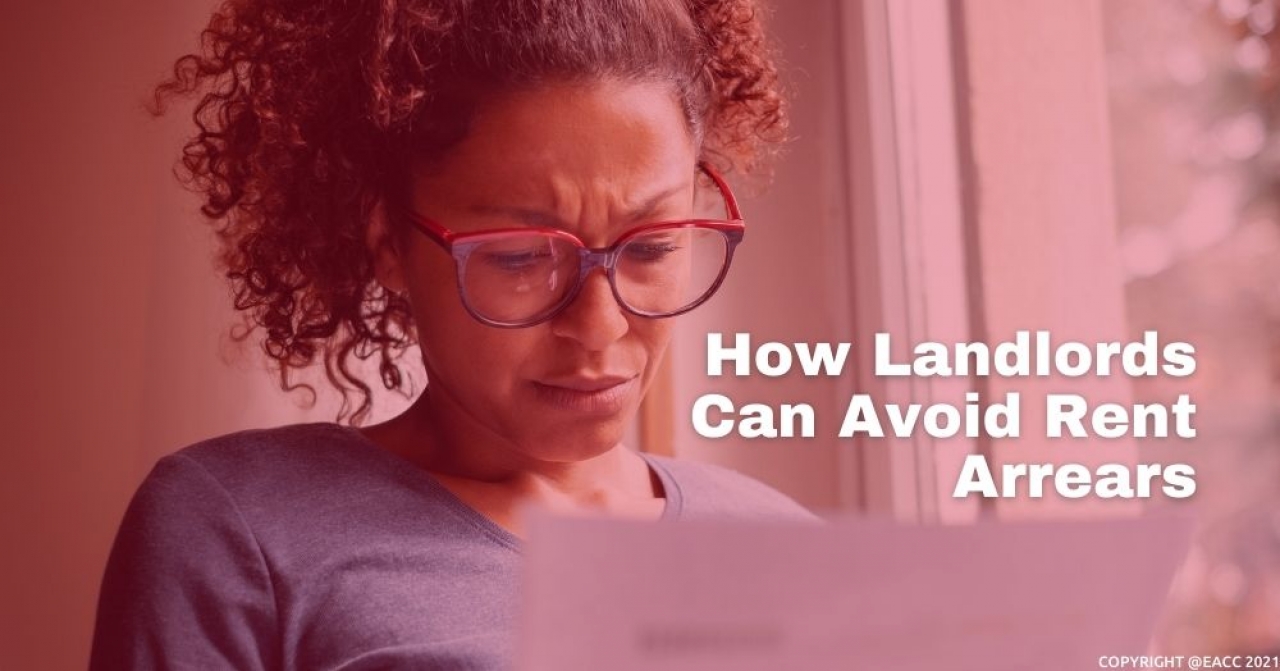In this three-minute read, we look at the steps Neath landlords can take to protect against a tenant falling into arrears.
Landlords have always worried about tenants falling behind in the rent, but that fear feels particularly pertinent right now due to the pandemic.
There are many reasons why a tenant might be unable to pay their rent – such as illness, job loss, or relationship breakdown – but the bottom line, when its a genuine inability to pay, is it’s stressful for both landlord and tenant.
(note we're not talking about a tenant thats able but unwilling to pay - thats a whole different ballgame that requires a very different approach.)
The good news is there are things landlords can do to protect themselves from getting into this predicament. Here are some tips.
- Always carry out credit and reference checks before a tenant moves in.
- Make sure your tenant signs a contract.
- Keep your records up to date and when rent is paid, send the tenant a receipt and keep a copy for your records – this is particularly useful if it’s a joint tenancy. If there’s a dispute, it’s easy to identify who has missed a payment. (Literally just this week we had a tenant move out of a property and query a rent payment that was made in cash right at the start of the tenancy... 11 years ago... We had a copy of the receipt on file and were able to put the matter to bed quickly thanks to fastidious record keeping.)
- If you’re dealing with a joint tenancy, ensure that all tenants understand they are jointly and severally responsible for the rent – and any unresolved debt. (If there’s an underpayment, often the tenant who has paid up can be a valuable and persuasive ally in getting the errant tenant to pay.)
- Keep all tenants in the loop about the situation as they bear joint responsibility (even though they might tell you otherwise).
- If a tenant misses a payment, talk to them but don’t go in all guns blazing. You’re trying to find a constructive way forward, not score points. Always remain professional.
- Keep records of all conversations.
- Consider adding rent protection cover to your insurance for some peace of mind.
- If the tenant has a good track record, and you feel they can turn things around quickly, consider a payment plan. This is a revised payment schedule that gives the tenant a chance to get back on their feet. We've done this a few times over the last 18 months and its worked out well in every case.
- If you do agree a payment plan, make sure you put it in writing.
- The tenant may decide that they can’t meet their obligations and serve notice that they want to move out. If this is the case, contact your tenant deposit scheme and ask them to deduct the unpaid rent from the deposit.
- Legal eviction proceedings should always be the last resort, especially in the current environment. There is currently a huge court backlog, it's easy to make mistakes, and lawyers are expensive. Do everything you can to find an alternative solution.
No-one can tell the future and a fantastic tenant can become a non-paying tenant overnight, but the best and most reliable way to avoid tenant arrears is to carry out robust credit and background checks before a tenancy is granted.
Contact us today on 01639 631706 and find out how we'll help you avoid rental arrears.


 By
By 



Share this with
Email
Facebook
Messenger
Twitter
Pinterest
LinkedIn
Copy this link